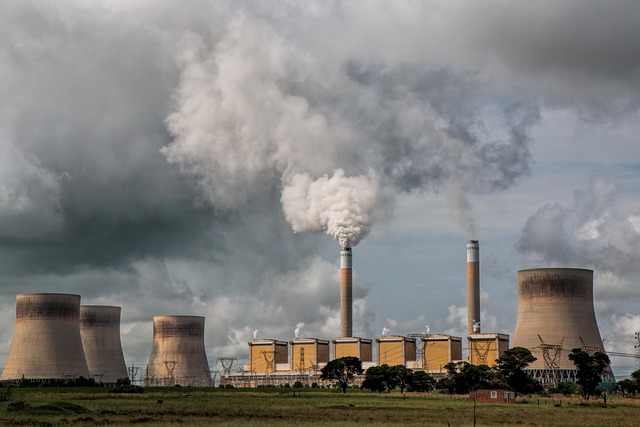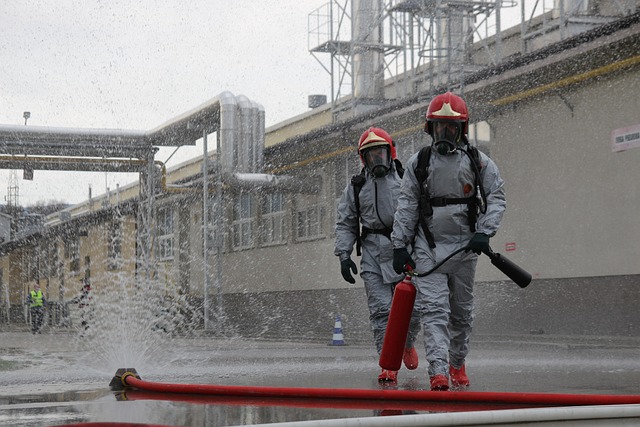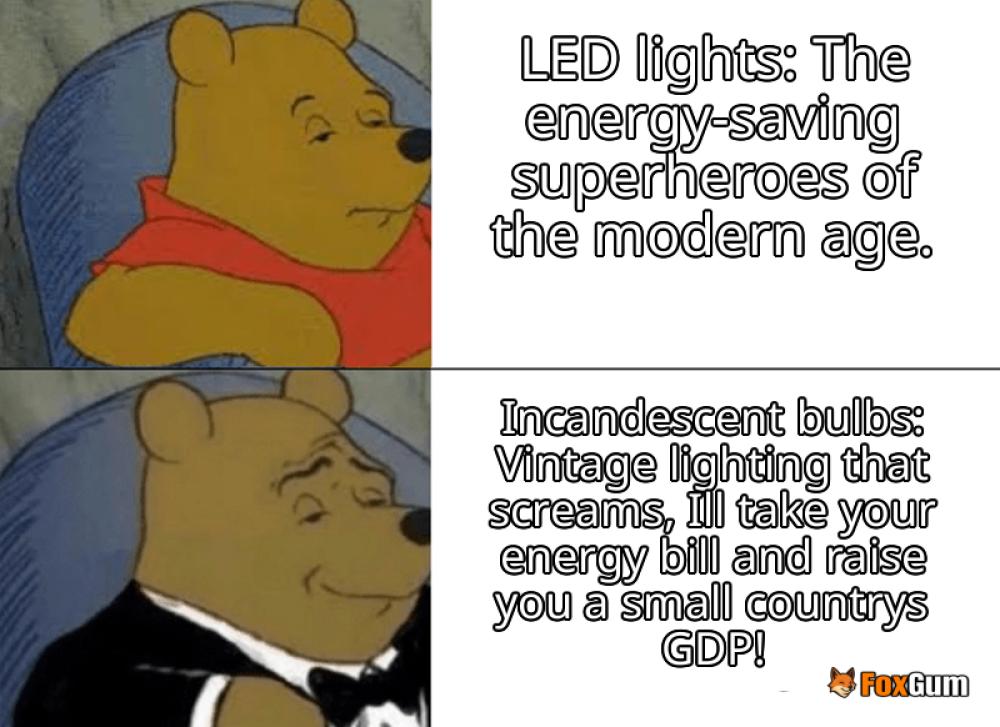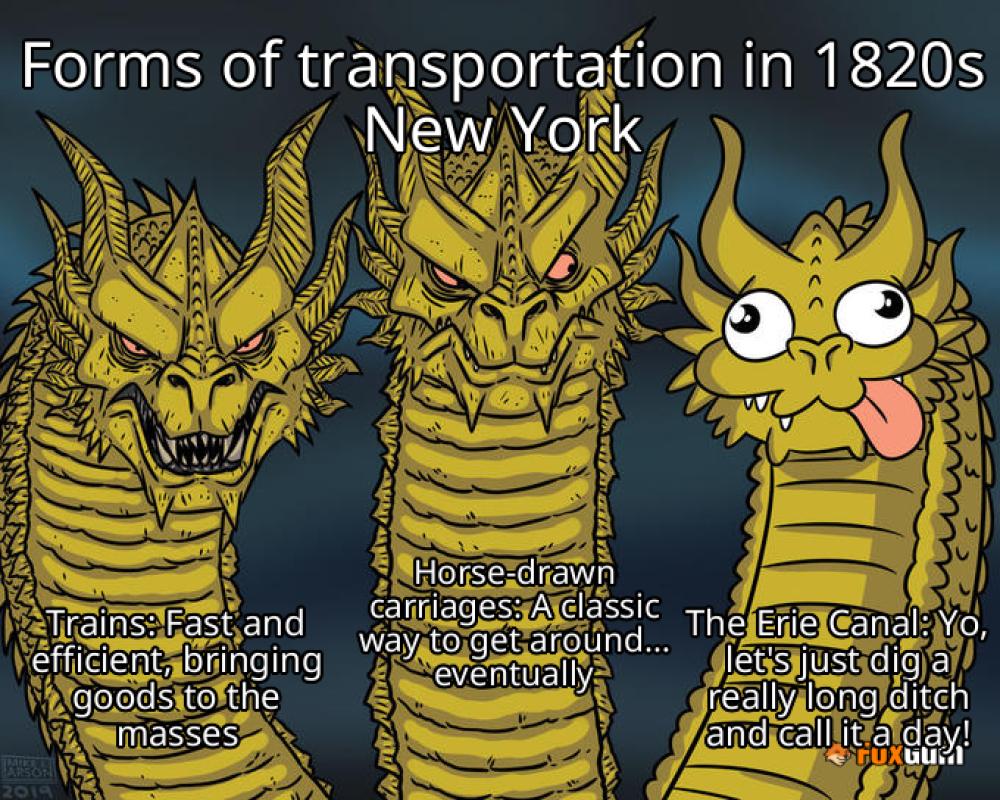
What Are Fossil Fuels?
Fossil fuels are like that friend who always shows up uninvited but somehow manages to be the life of the party. They’re made from ancient organic materials—think plants and animals—that have been squished and heated over millions of years deep within the Earth. The result? A cocktail of hydrocarbons that fuels our cars, heats our homes, and powers our industries. But just like that friend, they come with a few complications.
Types of Fossil Fuels
There are three main types of fossil fuels, each with its own quirks:
- Coal: The heavy hitter of the fossil fuel world, coal is a solid fuel that’s been used for centuries. It’s like the grumpy old man of energy sources—reliable but not exactly the cleanest option.
- Oil: This liquid gold is what keeps the world spinning. From gasoline to plastics, oil is used in countless products. Just remember, it’s not just for your car; it’s also for that plastic water bottle you forgot to recycle.
- Natural Gas: Often touted as the cleaner option, natural gas is primarily methane. It’s like the friend who brings the snacks—less messy than coal but still leaves a bit of a mess behind.
The Good, the Bad, and the Ugly
Fossil fuels have been the backbone of modern civilization, but they come with a hefty price tag for the environment. Here’s a quick rundown:
- Pros: They provide a significant amount of energy, are relatively cheap, and are widely accessible. Plus, they’ve fueled technological advances that have made life a whole lot easier.
- Cons: They contribute to air pollution, greenhouse gas emissions, and climate change. It’s like throwing a party and then complaining about the mess afterward.
Transitioning to Renewables
As the world becomes more aware of the environmental impact of fossil fuels, there’s a growing push to transition to renewable energy sources. Solar, wind, and hydroelectric power are gaining traction, and for good reason. They’re like the fresh, new friends who bring good vibes without the baggage.
However, transitioning isn’t as easy as flipping a switch. The infrastructure for fossil fuels is deeply entrenched in our economy and society. It’s a bit like trying to convince your grandma to switch from her beloved flip phone to a smartphone—there’s a lot of attachment and resistance to change.
Conclusion
Fossil fuels have played a crucial role in shaping our world, but their environmental impact is a growing concern. As society looks towards a more sustainable future, it’s essential to weigh the benefits against the costs. With the right balance, we can enjoy the party without the mess—hopefully, with a few more eco-friendly friends in tow. 🌍

















 What’s the Deal with Precipitation Forecasts? 🌧️
What’s the Deal with Precipitation Forecasts? 🌧️ 
 Health
Health  Fitness
Fitness  Lifestyle
Lifestyle  Tech
Tech  Travel
Travel  Food
Food  Education
Education  Parenting
Parenting  Career & Work
Career & Work  Hobbies
Hobbies  Wellness
Wellness  Beauty
Beauty  Cars
Cars  Art
Art  Science
Science  Culture
Culture  Books
Books  Music
Music  Movies
Movies  Gaming
Gaming  Sports
Sports  Nature
Nature  Home & Garden
Home & Garden  Business & Finance
Business & Finance  Relationships
Relationships  Pets
Pets  Shopping
Shopping  Mindset & Inspiration
Mindset & Inspiration  Environment
Environment  Gadgets
Gadgets  Politics
Politics 